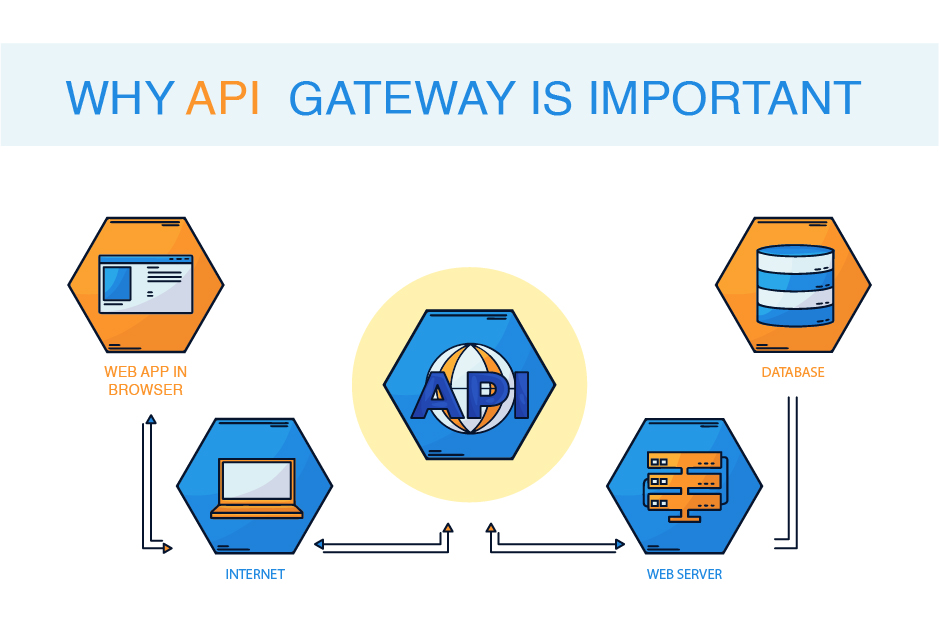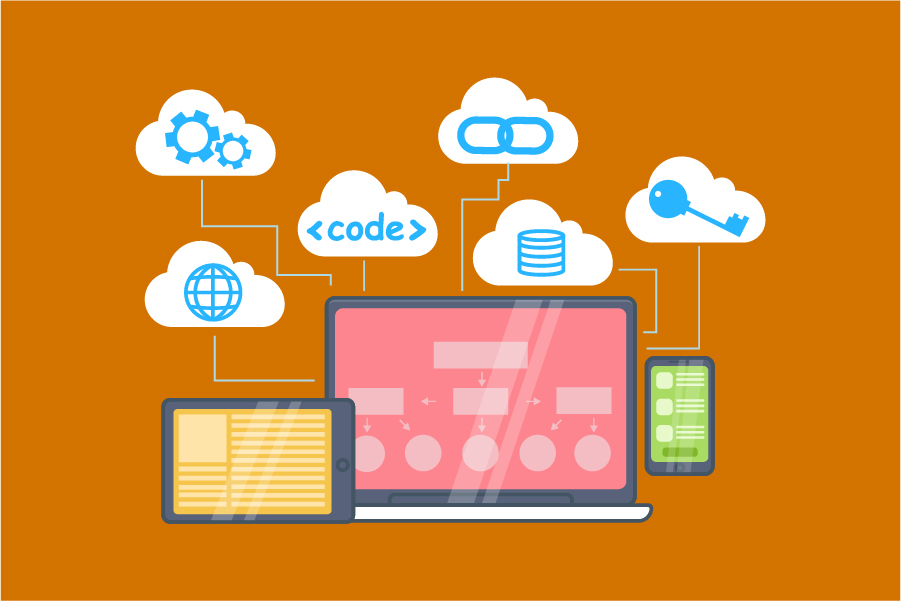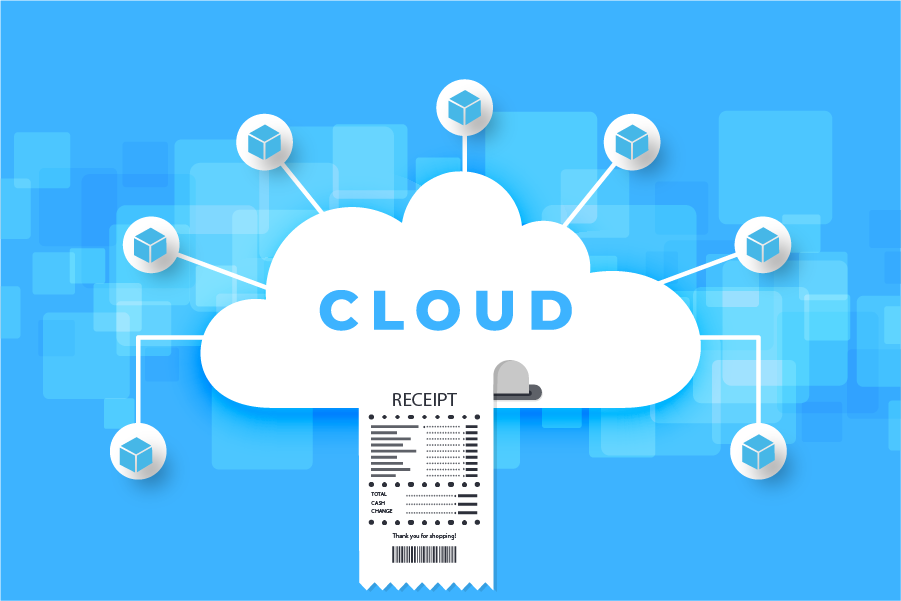Today’s cloud ecosystem comprises various cloud techniques geared to meet infrastructure, workloads, security, and more needs. Hybrid cloud and multi-cloud are two sometimes confusing phrases. What distinguishes a multi-cloud setup from a hybrid cloud? What is the difference between these two? Let’s bridge it and find out about the distinctions between hybrid cloud and multi-cloud.
Hybrid Cloud
The hybrid cloud infrastructure includes two main types of cloud environments (private cloud and public cloud). The role of the public cloud in hybrid-cloud infrastructure is to expand the capabilities of the private cloud or on-site environments. This technique is usually employed by enterprises that migrate apps onto the cloud or have too many technological liabilities to become 100% cloud-born.
According to a detailed Market Research report Future, ‘Service type, component, vertical and regional hybrid cloud market information — 2027 forecast,’ the market size is expected to rise to USD 173.33 billion by 2025, with a CAGR of 22.25 percent. Due to the dynamic nature of labour and its diversity, its importance is enhanced. Due to its attractive characteristics and benefits, the hybrid cloud is widely used in several end-user sectors such as transport, health, media and entertainment, manufacturing, retail, IT, telecommunications, and BFSI.
Multi-Cloud
A multi-cloud infrastructure covers several public cloud environments from various suppliers. In the multi-cloud infrastructure, various public clouds are typically used for distinct activities, including one for program logic, the other for databases, and the third for machine learning. Organizations select a multi-cloud strategy to use the flexibility and characteristics of different clouds.
Another cloud adoption survey investigated companies integrate services from the three leading multi-cloud suppliers (Amazon Web Services, Microsoft Azure, and Google Cloud Platform) in their network infrastructures. The results show that 40% of respondents utilized two or more of these providers, while 18% used all three providers for diverse applications.
However, by 2025, multi-cloud initiatives will lessen vendor dependence for 2/3 of companies. This will happen mostly in other ways than program portability.










